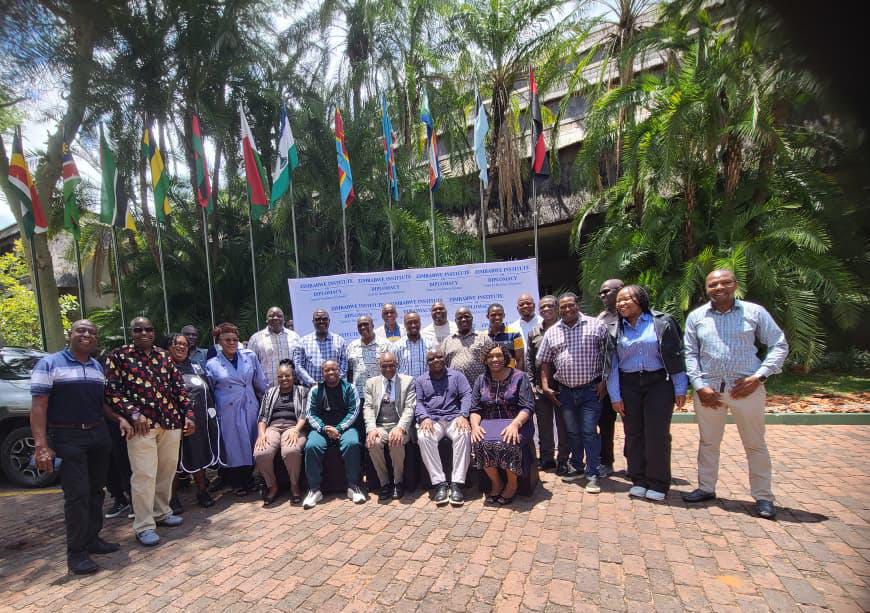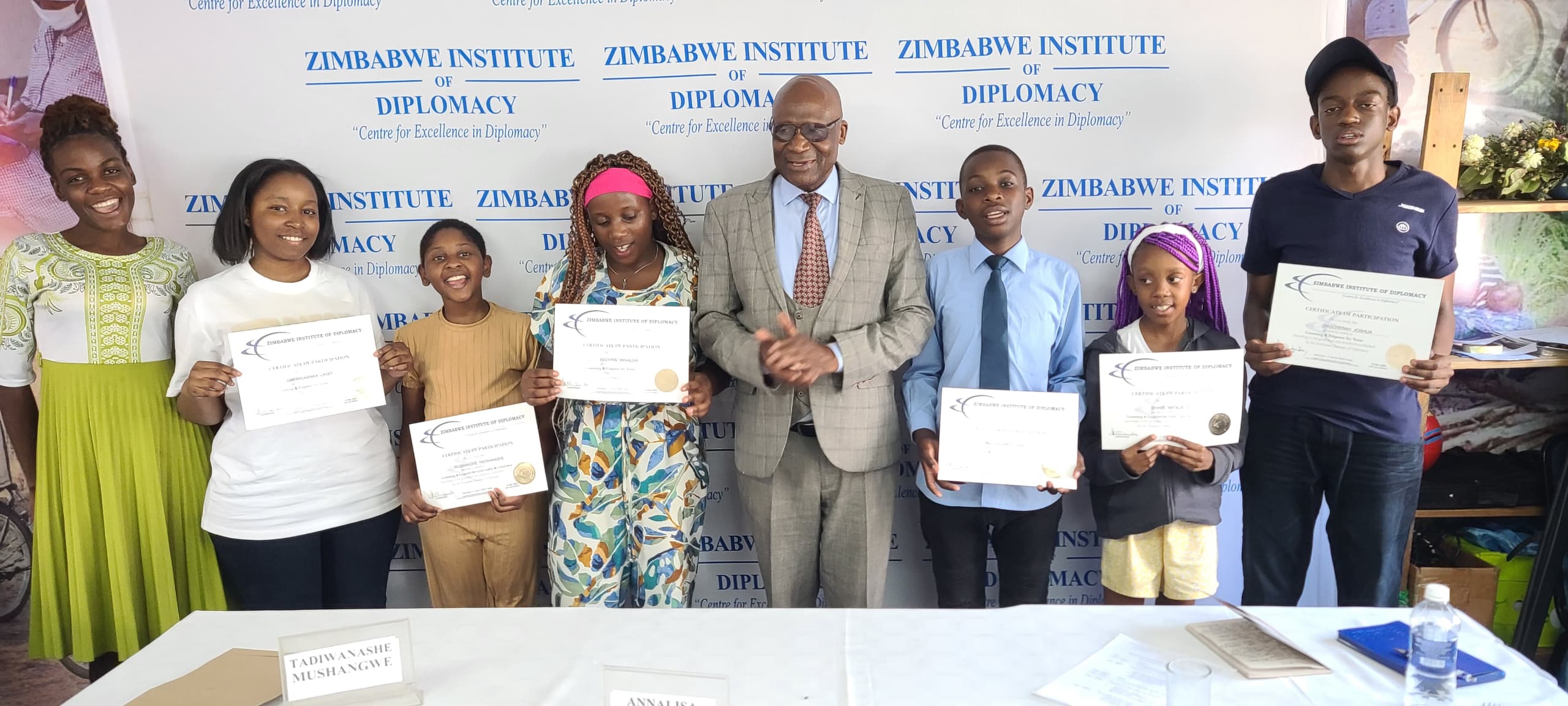The 27th of October marks Kashmir Black Day, a public holiday observed in the Union Territory of Jammu & Kashmir that commemorates the 26th of October when the Prime Minister Hari Singh surrendered Jammu & Kashmir to Indian forces, against the will of the people and without their consultation. The day has been dubbed as ‘The Darkest day’ in the history of Jammu & Kashmir and officially became a holiday in Jammu & Kashmir for the first time in 2020.The Pakistani government has thus taken the initiative to commemorate this day as it stands in favour of the liberation of the Kashmiri citizens.
Located in the Himalayan Mountains and rich in resources, the region of Jammu & Kashmir is one of the most disputed areas in the world. It is presently administered by three nuclear powers, namely China, India and Pakistan. India and Pakistan have fought over the region of Jammu & Kashmir for over 7 decades with well over 60 000 lives being lost in the process.
The genesis of this conflict dates back to 1947 after the British left the Indian subcontinent. The region was partitioned to form two new nations: Hindu-majority India and Muslim-majority Pakistan. 565 princely states had the privilege to choose which country to join, and Jammu & Kashmir was one of them. At the time, despite having a Hindu ruler, Jammu & Kashmir was a majority Muslim state, and by virtue of that should have gone to Pakistan, however it did not. According to some historical reviews, Hari Singh (the then ruler of Jammu & Kashmir) was strongly considering independence, but ultimately exceeded the Muslim majority region to India, a predominantly Hindu state as aforementioned.
In 1947 war broke out between Pakistan and India over Jammu & Kashmir. The United Nations subsequently took up the issue and passed a resolution on Jammu & Kashmir which called for a plebiscite on self determination to take place in the region. However, that vote on self-determination never took place. Eventually, India and Pakistan went on to fight a further two wars for India administered Jammu & Kashmir.
Nonetheless, it is important to note that the people of Kashmir did attain some form of autonomy in 1949. This was due to the formulation of article 370 in the Indian constitution which gave the region of Jammu & Kashmir a special status. Article 370 allowed Jammu & Kashmir to have its own Prime Minister, constitution, flag, and legislature whilst India maintained control of the regions foreign affairs, defense and communications. However, in 2019 that autonomy was revoked. Indian lawmakers suddenly abandoned article 370 and imposed new regulations such as curfews, whilst heavily cracking down on all who expressed negative sentiments towards Indian control.
Prior to the abandonment of Article 370, the India Prime Minister Nerendra Moodi had actually alluded to this action during his campaign for re-election in early 2019. The reason for the scrapping of the article was for the overall “joining together” of Jammu & Kashmir that would make it free of terrorism and separatism. Over time, various separatist groups found their way into national and local politics in the region mainly to challenge the pro-India parties, and subsequently armed groups were formed in the 1980s, that either claim they were/are fighting for independence whilst others claim they want the region to join Pakistan. However, the Indian government describes these groups as terrorists after many attacks on Indian forces as well as civilians. Presently, a separatist-armed uprising still exists in India-administered Kashmir, and the Indian government accuses Pakistan of directly supporting it, and this is the basis of India insisting that her military remains stationed in the region.
The whole of the India-administered area has formerly been split into two Indian union territories, one being Jammu & Kashmir and the other being Ladakh.
Citizens of this region have lived in a perpetual cycle of suffering, and have subsequently lost a great deal of their identity and sense of belonging. The conflict has undoubtedly violated human rights through the repressive Indian administration which has garnered the contempt of the international community. During the Kashmir Black Day celebrations held at the Embassy of Pakistan, the Pakistani Charge d’Affaires, Mr Fariz Hasan, gave a stellar presentation outlining the atrocities being faced by Kashmiri citizens including incessant rape, abuse of power by law enforcers and the suppression of rights such as freedom of speech and expression. One of the key takeaways from his presentation was his thorough explanation of how the Indian administrative body is violating the rights of Kashmiri citizens by stopping economic activity and imposing unjustified curfews and movement restrictions under the guise of the Covid-19 pandemic. The Charge d’Affaires went on to further point out that although the US government under President Biden made promises to intervene in the Kashmir crisis, no conclusive action has been taken as yet.
As the Zimbabwe Institute of Diplomacy, we were privileged to have attended this auspicious event, and it has indeed been made clear that the Kashmiri citizens continue to suffer under the tyranny of the Indian administration, the young population continues to lose hope as more and more of their men and women are slaughtered, unlawfully imprisoned or raped. The situation in Jammu & Kashmir is indeed a crisis and immediate action must be taken.
Zimbabwe Institute of Diplomacy




